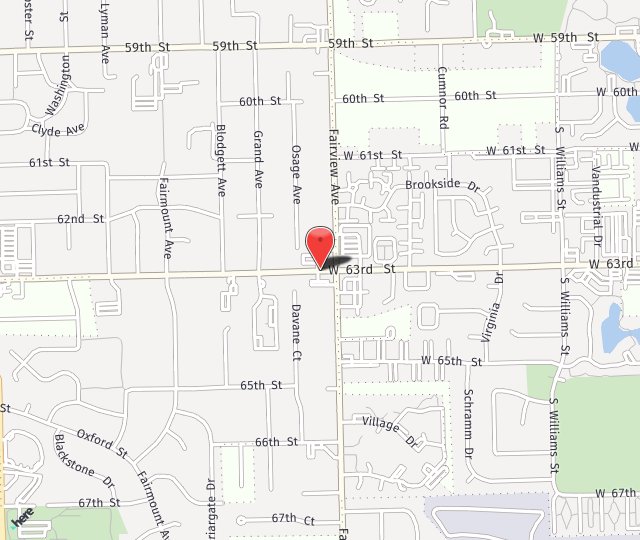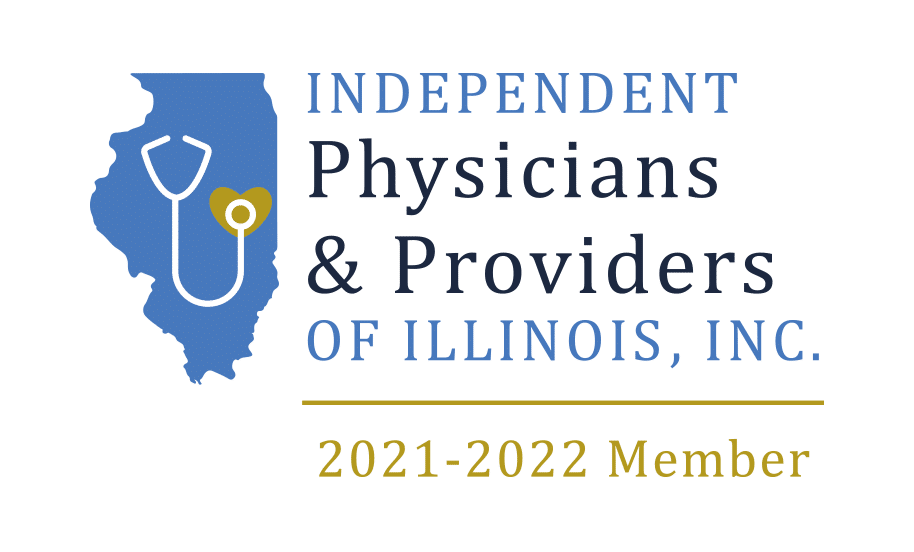Lip Augmentation
Lip augmentation is a cosmetic procedure that, either surgically or with injections, increases lip size. Either the upper or lower lip, or both, can be augmented. Whether the results are temporary or permanent depends on the type of augmentation performed. There are several different techniques for augmenting lips. Most involve injecting a facial filler, although fat transfers (also called fat grafting) and implants are also options.
Injectable fillers usually contain a hyaluronic-acid material. Fat transfers inject fat that is harvested from the patient’s body. Implants are placed under the skin; they are often made of a soft, solid-silicone elastomer. Which type of augmentation is used depends upon the individual patient, doctor preference and the cosmetic results desired.
Lip Augmentation Procedure
Lip augmentation with injectables is performed in a doctor’s office, and typically requires only a topical anesthetic. An allergy test may be performed if the filler contains synthetic materials. The filler is injected directly into the lips; proper placement is important to achieve optimal results.
Fat transfers, in which fat is obtained from the patient’s body using liposuction, may be performed in an office surgical suite, an outpatient care center or a hospital. Local anesthesia is typically required. The removed fat is filtered to separate out the fat cells, which are then injected into the lips. Again, proper placement of the injectable is key.
With lip implants, synthetic implants are inserted through tiny incisions at the corners of the lips. Implant surgery is performed in an office surgical suite or an outpatient center. Local or general anesthesia is typically required. After the implants are inserted, the incisions are closed with stitches, and the implants remain in place permanently.
Lip Augmentation Results and Recovery
After lip augmentation with injectables, patients typically experience mild discomfort and swelling for a few days; they usually subside on their own. Most patients can return to work and other normal activities within 1 to 2 days after the procedure, although exercise and other strenuous activities should be avoided for a bit longer. Recovery from fat-transfer procedures and implants will take longer, usually up to 2 weeks.
With injectables, patients require multiple treatments (usually every 3 to 4 months) to maintain results. Fat transfers often provide permanent results, but a percentage of fat may not take or be reabsorbed by the body, so touch-ups may be required. Lip implants provide permanent results.
Lip Augmentation Risks
Lip augmentation is considered a safe procedure, but there are risks. They include bleeding, infection, asymmetry, numbness, nerve damage, swelling and scarring.


